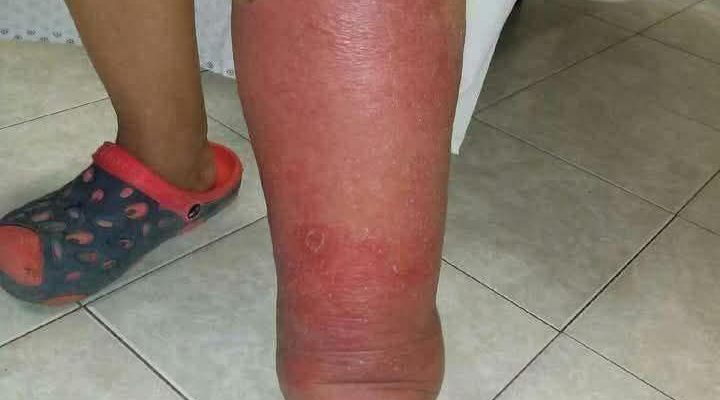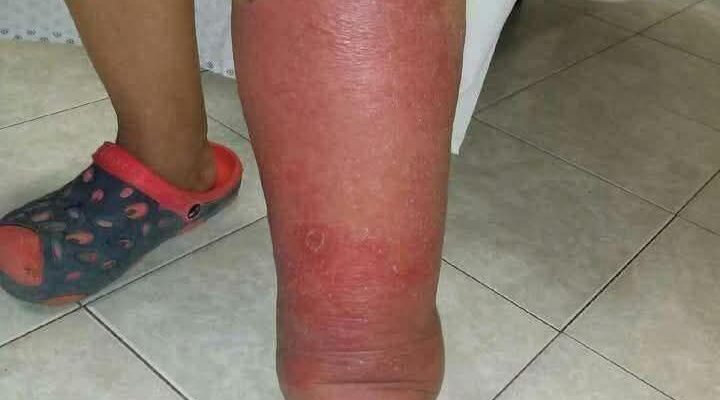The Hidden Cause of Edema: It’s Not Always What You Think
For years, medical professionals often attribute swelling, or edema, to larger organ issues like heart, kidney, or liver problems. While these conditions certainly can cause edema, the underlying cause is frequently overlooked: a malfunction in our cells’ vital sodium-potassium pumps. My own experience with severe pitting edema, even in my youth and without any medication, serves as a powerful illustration of this often-missed connection. My puffy face was a clear sign that something deeper was going on – a blood sugar imbalance.
Understanding the Cellular Pump Failure
The Role of Sodium-Potassium Pumps
Edema is essentially fluid trapped within the body’s tissues, most commonly manifesting as swelling in the legs and ankles. The root of the problem often lies in the tiny but incredibly important sodium-potassium pumps residing within each cell. These cellular workhorses diligently regulate fluid balance by actively transporting sodium out of the cell and potassium in. When these pumps falter, fluid leaks into the surrounding tissues, resulting in that tell-tale swelling.
The Sugar Connection: Glycation and Cellular Damage
High blood sugar levels, often stemming from a diet rich in refined carbohydrates and sugars, are the key culprits in pump failure. A process called glycation occurs when excess sugar molecules bind to proteins in the blood. This damaging process compromises circulation, leading to fluid buildup and contributing to edema. It’s a crucial point to remember: this isn’t just a problem for diabetics. Anyone consuming significant amounts of processed sugars and refined carbohydrates can experience these negative effects, potentially even developing numbness and tingling in the extremities.
Reversing Edema: A Nutritional Approach
Instead of solely focusing on treating the symptom (edema), we need to address the root cause: impaired cellular function. My personal journey highlighted the effectiveness of a three-pronged nutritional strategy to restore these crucial cellular pumps.

The Power Trio: Potassium, Magnesium, and Vitamin B1
Three key nutrients played a pivotal role in my recovery:
- Potassium: This essential mineral is crucial for maintaining fluid balance and directly powers the sodium-potassium pumps. Many modern diets are surprisingly deficient in potassium.
- Magnesium: Supporting muscle relaxation and energy production, magnesium is vital for the proper functioning of these cellular pumps.
- Vitamin B1 (Thiamine): This vitamin plays a crucial role in carbohydrate metabolism, helping to prevent the buildup of excess sugar that damages the pumps in the first place.
Dietary Changes and Supplementation
Combining dietary changes with targeted supplementation proved highly effective. I significantly reduced my intake of refined sugars and carbohydrates while increasing my consumption of potassium-, magnesium-, and B1-rich foods. Excellent sources include leafy green vegetables, various seeds, avocados, nutritional yeast, and benfotiamine (a highly bioavailable form of vitamin B1).
My Personal Recovery and Lasting Lessons
For me, the results were dramatic. The swelling visibly lessened within just a few days, and completely disappeared within two weeks. This experience underscores a vital lesson: addressing edema effectively requires a focus on controlling sugar intake and supporting healthy cellular function. Rather than relying solely on quick fixes, a long-term approach centered on nutrition offers a more sustainable and effective solution.
